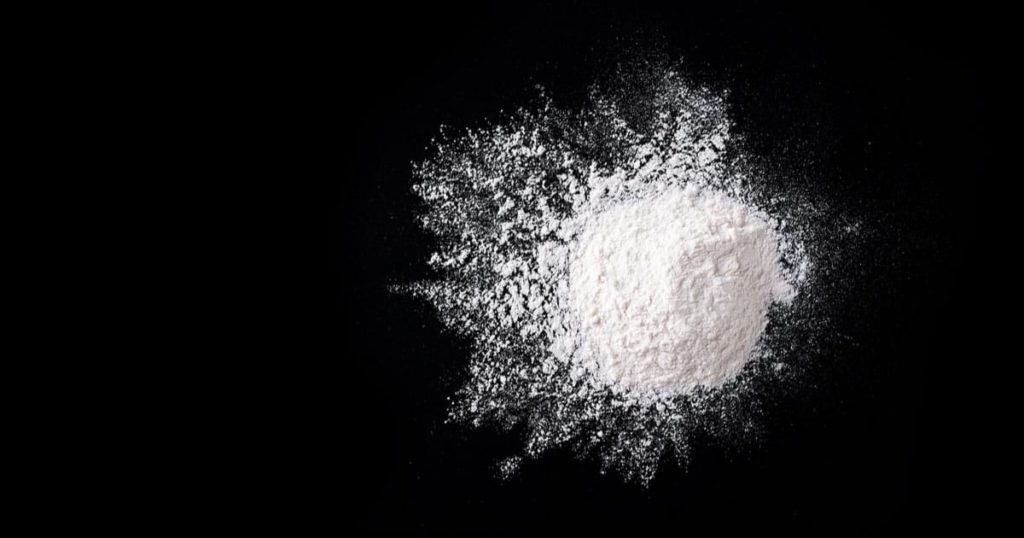Cocaine may not immediately strike anyone as a popular drug with teens, but it is more common than you might think. It is the fourth most abused substance among young people, after alcohol, marijuana and prescription drugs. If you have a teen, know that cocaine can lead to brain damage, drug addiction and other serious damage to the body and brain. Get the facts about cocaine and then educate your teen about the risks and dangers of using it.
How Cocaine Works
Cocaine is a stimulant, which means it revs up all of the body’s systems, including metabolism, heart rate, blood pressure and body temperature. Cocaine acts in the brain and prevents the neurotransmitter dopamine from being recycled. This produces a buildup of the pleasure chemical and gives the user a feeling of euphoria, or a high. Over time, cocaine can seriously disrupt dopamine and prevent the user from ever feeling good.
Cocaine’s Side Effects
In addition to the pleasurable high that users get from cocaine, the drug produces side effects that can be particularly dangerous for teens. Cocaine causes blood vessels to constrict. It can make blood pressure shoot up to dangerously high levels. It can make the user feel restless, unable to sleep, nauseated, panicked or even paranoid. Using cocaine increases the risk of having a heart attack or a stroke. Cocaine nasal damage is also common with users after repeated snorting.
Effect of Cocaine on Teen Brain Development
Teenagers are especially vulnerable to long-term effects of drug use because their brains are still developing. The brain continues to develop into the early 20s. Research has found that cocaine use can have serious and lasting consequences for teenagers. For instance, young rats exposed to cocaine were found to grow into adult rats with less anxiety and fear about risky behaviors. Researchers also found that the rats had impaired memories. Teen cocaine use affects the development of the part of the brain that processes emotions and memories.
Cocaine and Risky Behaviors
As if all of the above weren’t reasons enough for teens to avoid cocaine, we also know that use of this drug leads to more risky behaviors. Cocaine use is correlated with an increased risk for HIV, for instance. This isn’t because of needle sharing, as is the case with heroin use. Cocaine use is connected to HIV because users are more likely to engage in unprotected sex. Their inhibitions are lowered and they are overstimulated. Teens using cocaine are at risk for all STDs, as well as unplanned pregnancies. How many teens die from drugs every year varies, and cocaine is not a big killer. However, teens can overdose and die accidentally from using cocaine. Teenage cocaine users are also risking their physical and mental health, and the development of their brains. If you have a teen at home, don’t assume she will never experiment with cocaine. Talk to your teen about this dangerous drug and help her learn to make the right choices.

